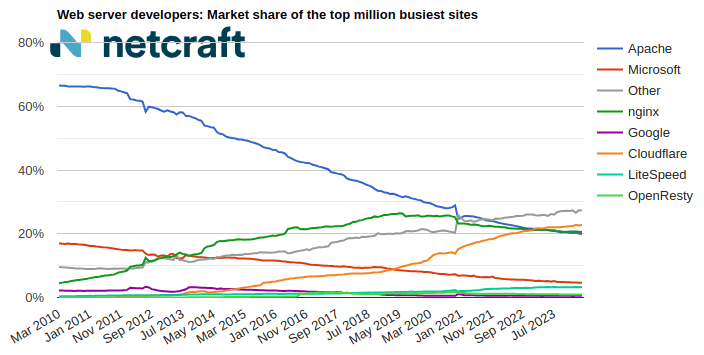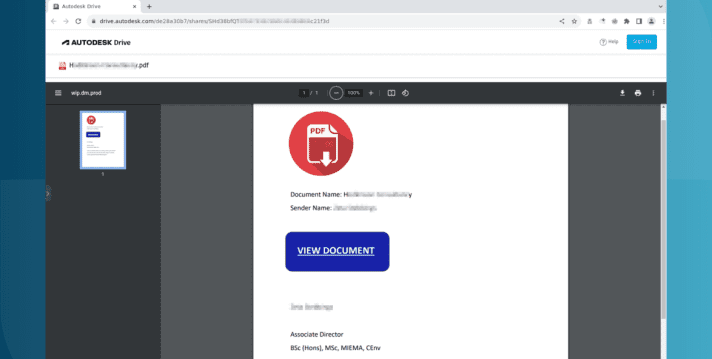
Social Media Protection
Protect brands, executives, employees and customers from social media impersonation and cyber attacks
Protecting users across social media
Your brand, executives, employees and customers can be targeted by cybercriminals across social media and chat platforms. This includes executive impersonation, trademark infringement, malicious ads and money mule recruitment.
Cyber attacks that rely on public social media platforms can be more difficult to detect and disrupt as they rely on a single party to take action—the platform itself. Netcraft’s social media monitoring and takedown platform enables you to track platform misuse and launch takedowns against these criminal impersonation attempts.

Defeating cyber attacks with unmatched scale and effectiveness
Netcraft’s online brand protection operates 24/7 to discover phishing, fraud, scams, and cyber attacks through extensive automation, AI, machine learning, and human insight. Our disruption & takedown service ensures that malicious content is blocked and removed quickly and efficiently—typically within hours.

0%
of the world’s phishing attacks taken down

0M+
threat reports and suspicious URLs analyzed every day

0M
cybercrime attacks blocked to date

0M+
attacks taken down and growing
Fight against impersonation
Netcraft searches for fraudulent content on Facebook, Twitter, Instagram, TikTok, Telegram, and Pinterest that is impersonating your brand name and trademarks.
Fake executive profiles can become highly convincing copies once fraudsters have built sufficient fake connections. Direct messages are used to conduct advance fee fraud, scams and extract sensitive information.
Social media adverts are also used to advertise scams, fake shops, and to direct victims to other cyber attacks hosted outside the platform.

Frequently Asked Questions
Netcraft searches for fraudulent content on Facebook, Twitter, Instagram, TikTok, Telegram, and Pinterest that is impersonating your brand name and trademarks.
Advance fee frauds typically involve promising the victim a large amount of money or valuable goods, with only a relatively small up-front fee required (for example, to cover processing). The money, of course, never arrives. Executive impersonation is used extensively in advanced fee fraud attacks, to make them appear more convincing.
Criminals, posing as executives, may ask victims to share a file, pay an invoice, or click a link. The link will often direct them to scam websites that contain malware, or tricks them into providing credentials.
Criminals create fake profiles because they know victims will recognize high-profile executives, and are therefore more likely to open phishing attacks. They’re also more likely to believe bogus claims.
Insights

Blog
RSA Conference 2024 – Where it all started and where to find our team
On Monday 6th May, Netcraft will be heading to San Francisco along with thousands of other cyber security professionals for … Read More
Learn More

Blog
April 2024 Web Server Survey
In the April 2024 survey we received responses from 1,092,963,063 sites across 267,934,761 domains and 12,872,291 web-facing computers. This reflects … Read More
Learn More

Blog
Autodesk hosting PDF files used in Microsoft phishing attacks
Autodesk is hosting malicious PDF files that lead phishing attack victims to have their Microsoft login credentials stolen. The elaborate … Read More
Learn More
Schedule time with us
Learn more about Netcraft’s powerful brand protection, external threat intelligence and digital risk protection platform